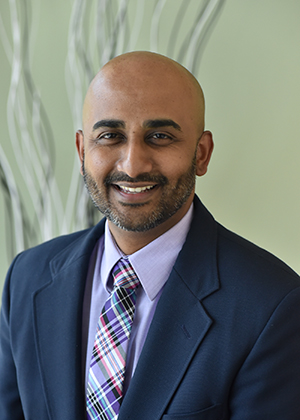Opioids do not reduce pain after tooth extraction
Prescribing opioids to patients after tooth extraction may not reduce pain, new study findings showed. In fact, patients who used opioids after tooth extraction reported significantly higher pain levels compared with nonusers.


Prescribing opioids to patients after tooth extraction may not reduce pain, new study findings showed.
In fact, patients who used opioids after tooth extraction reported significantly higher pain levels compared with nonusers.
Romesh Nalliah, DDS, MHCM, and a team of Michigan-based investigators evaluated whether pain and satisfaction scores reported by patients who used opioid after extraction were similar to those by patients who did not use opioids. The findings suggested that nonopioid analgesics should be the first-line medication for dental extraction.
Dr. Nalliah, from the University of Michigan School of Dentistry, and colleagues conducted the study on eligible adults who underwent routine or surgical extractions between June 2017-December 2017 at 1 of 14 dental clinics of the University of Michigan School of Dentistry. Patients, who were >18 years old, were contacted by phone within 6 months of their procedure.
Each patient was surveyed about the type of extraction they had; use of a prescription opioid (if given); use of nonopioid analgesics; pain levels; and satisfaction with care. If patients were given an opioid, the team asked them to describe the number used, instruction for consumption that they followed, and storage practices.
The investigators defined routine extraction as surgery that required no conjunctive removal of bone or extraction of soft tissue. Surgical extraction required an incision into the connective tissue to gain tooth access.
Self-reported pain was the primary assessment, which was assessed by the question, “Thinking back, how would you rate your pain in the first week after your dental procedure?” Patients had a 4-point pain scale of no pain, minimal pain, moderate pain, or severe pain.
Related reading: Can opioids prescribed for wisdom tooth extraction lead to long-term drug use?
Additional measures were self-reported satisfaction, assessed by a 10-point Likert scale ranging from extremely dissatisfied to extremely satisfied with their care.
The final patient sample included 329 patients, 155 (47.1%) who underwent surgical extractions (mean age, 41.8 years old; 80 [51.6%] men) and 174 (52.9%) who underwent routine extractions (mean age, 52.4% years old; 79 [45.4%] were men). More than half (51.6%) of patients who had a surgical extraction used opioids after their surgery, compared with 39.1% of patients who had a routine extraction.
Those who used opioids were considerably younger and a higher percentage were female patients.
For both extraction groups, patients who used opioids reported worse pain compared to non-users (surgical extraction, 51 [63.8%] vs 34 [45.3%]; P <.001; routine extraction, 44 [64.7%] vs 35 [33%]; P <.001). Those in the opioid group reported moderate to severe pain for both routine and surgical extractions.
The 4-point pain scale produced a median IQR of 3 for the surgical extraction group and routine group, and 2 for the nonopioid group (P <.001).
There was a higher percentage of patients in the routine extraction opioid group who reported pain concerns than those in the nonopioid group.
Patients in the routine and surgical extraction groups both reported high satisfaction, and no differences in scores were found between the nonopioid group and opioid group after surgical extraction (median IQR scores, 9 vs 9) and after routine extraction (median IQR scores, 10 vs 9).
In total, 70.3% of patients who underwent surgical extraction and 49.4% who had a routine extraction received an opioid prescription.
The investigators suggested the use of nonopioid analgesics rather than opioids for most patients who undergo dental procedures.
The study, “Association of Opioid Use With Pain and Satisfaction After Dental Extraction,” was published online in JAMA Network Open.